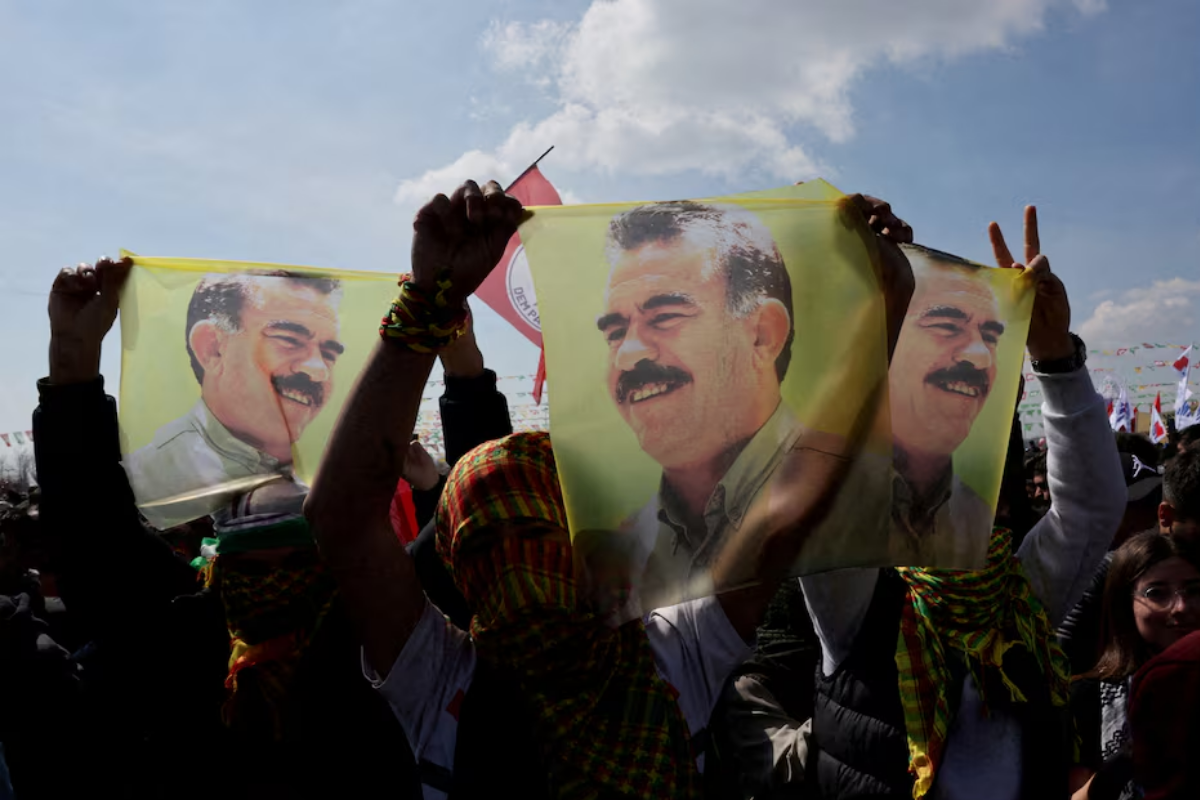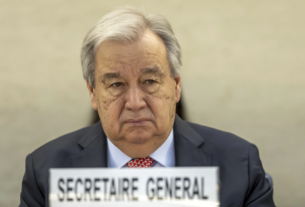Jailed Kurdish militant leader Abdullah Öcalan has called for an end to the long-standing conflict between Kurdish groups and the Turkish government. In a rare statement from prison, he urged both sides to seek political solutions instead of violence.
Öcalan, the founder of the Kurdistan Workers’ Party (PKK), has been imprisoned in Turkey since 1999. His message was reportedly delivered through his lawyers, who were granted limited access to him.
“The time for war must end, and a new political process must begin,” Öcalan said. He emphasized that ongoing violence serves neither the Kurdish people nor the Turkish state.
The Turkish government has labeled the PKK a terrorist organization and has fought the group for decades. The conflict has resulted in tens of thousands of deaths since the 1980s.
Despite his imprisonment, Öcalan remains a key figure for Kurdish militants and political movements. His words often influence Kurdish nationalist sentiment in Turkey and neighboring countries.
Turkish officials have not responded to his latest statement. The government has previously rejected negotiations with the PKK, insisting on military action to eliminate the group.
Kurdish political leaders have cautiously welcomed Öcalan’s message. Some have urged Ankara to consider reopening peace talks that collapsed in 2015.
The conflict extends beyond Turkey’s borders, with Kurdish fighters operating in Syria and Iraq. Turkish military operations against Kurdish groups in these regions have intensified in recent years.
Security analysts say Öcalan’s statement is unlikely to change Turkey’s policies. They believe the government sees military pressure as the only way to weaken the PKK.
The call for peace comes amid rising tensions between Turkey and Kurdish political movements. Crackdowns on pro-Kurdish parties and activists have escalated under President Recep Tayyip Erdoğan’s administration.
The PKK has also faced internal divisions, with some members pushing for diplomacy while others continue armed resistance. Öcalan’s influence over the group remains uncertain.
Turkey’s opposition parties have remained mostly silent on Öcalan’s statement. Many fear that engaging with Kurdish political issues could cost them public support.
The conflict has had devastating effects on Kurdish communities in southeastern Turkey. Displacement, economic struggles, and military operations have shaped daily life in the region for decades.
Efforts to resolve the Kurdish issue through dialogue have failed multiple times. A ceasefire and peace talks between Turkey and the PKK collapsed in 2015, leading to renewed violence.
It remains unclear whether Öcalan’s message will lead to any political shifts. For now, Turkey’s approach to the Kurdish conflict remains centered on security operations and counterterrorism efforts.




